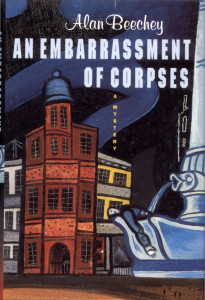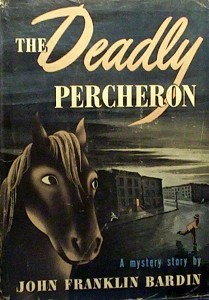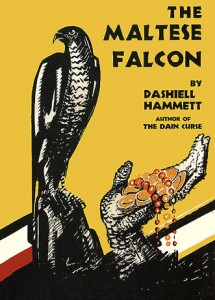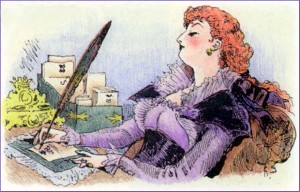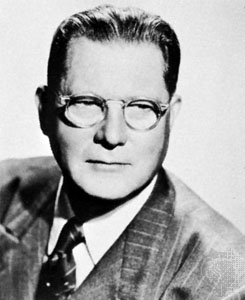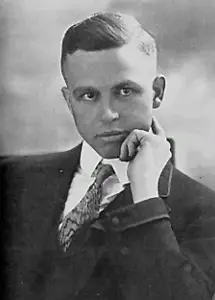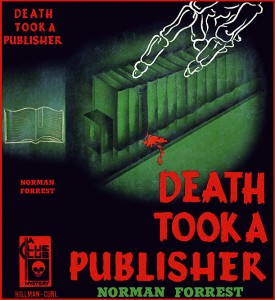 I am the first to admit, I don’t understand the publishing industry. I don’t get the way they will publish a title, it does quite well, so they publish the next, and then stop. And not only do they stop, they refuse to publish either of the first two in paperback, which means the audience is minute. Hardcover books are expensive for most people to buy, they depend on a new title being available in 12 months in paperback. That’s why so many are behind one book in a series–they’ve paperback pocketbooks.
I am the first to admit, I don’t understand the publishing industry. I don’t get the way they will publish a title, it does quite well, so they publish the next, and then stop. And not only do they stop, they refuse to publish either of the first two in paperback, which means the audience is minute. Hardcover books are expensive for most people to buy, they depend on a new title being available in 12 months in paperback. That’s why so many are behind one book in a series–they’ve paperback pocketbooks.
So, one particular publisher has a habit of doing this, from my personal experience, and it inflames my soap box soul. For anonymity sake, let’s call it, um, St. Paul’s Publishing House. They buy mediocre, to superb mystery novels, pay the authors a pittance, publish the least amount of copies possible and still make a profit, and in many cases, drop the author as fast as they signed him or her.

